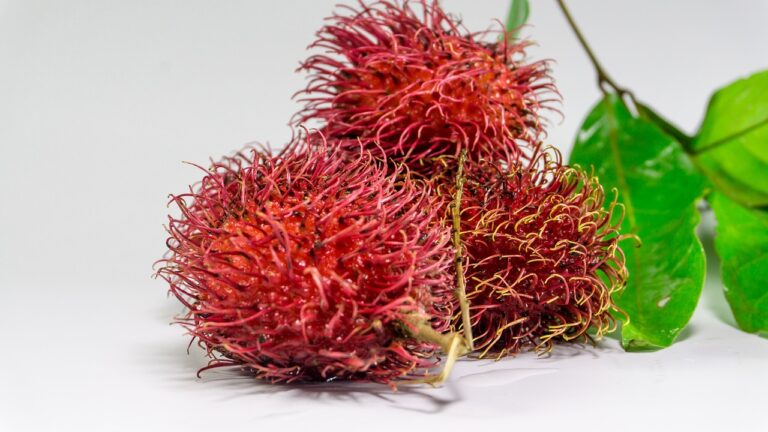AI-Powered Drug Discovery: Accelerating the Identification of Novel Therapeutics
The drug discovery process involves several critical stages aimed at identifying and developing potential new medications. It typically begins with target identification, where scientists pinpoint specific molecules or biological processes that could serve as the basis for drug development. Once a target is identified, the next step is to find or design compounds that can interact with the target in a way that modulates its activity beneficially. This phase, known as lead discovery, often involves screening large libraries of chemical compounds to identify promising candidates with the desired biological activity.
After lead compounds are identified, the drug discovery process moves into lead optimization, where scientists work to refine the chemical structure of the compounds to improve their potency, selectivity, and pharmacokinetic properties. This iterative process involves synthesizing and testing numerous analogs of the lead compound to optimize its efficacy and safety profile. Once a lead compound with the desired properties is identified, it undergoes preclinical testing to evaluate its safety and efficacy in animal models before advancing to clinical trials in humans.
Challenges in Traditional Drug Discovery Methods
Traditional drug discovery methods often hinge on trial-and-error approaches, leading to high costs and long timelines. This iterative process involves synthesizing and testing numerous compounds, with many failing to meet efficacy and safety standards. Consequently, the success rate of identifying viable drug candidates through these methods remains relatively low.
Moreover, the lack of comprehensive understanding of complex diseases poses another significant challenge in traditional drug discovery. This limitation restricts the ability to target specific molecular mechanisms underlying various ailments accurately. Without a more precise understanding of disease pathology, the development of effective therapeutic interventions becomes inherently challenging.
Role of Artificial Intelligence in Drug Discovery
Artificial Intelligence (AI) has emerged as a groundbreaking tool in revolutionizing the process of drug discovery. Through its sophisticated algorithms and machine learning capabilities, AI facilitates the rapid analysis of enormous datasets that would be impossible for humans to process efficiently. By predicting the potential interactions between compounds and biological targets, AI significantly expedites the identification of lead compounds for further development.
Moreover, AI plays a crucial role in enhancing the precision and accuracy of drug design. By assisting in virtual screening processes and molecular modeling, AI algorithms can identify promising drug candidates with the desired pharmacological properties. This targeted approach not only accelerates the drug discovery process but also minimizes the reliance on trial-and-error methods, thereby reducing costs and increasing the likelihood of successful outcomes in drug development.
What is the drug discovery process?
The drug discovery process involves identifying potential drug candidates, testing them for efficacy and safety, and ultimately getting them approved for use in treating diseases.
What are some challenges in traditional drug discovery methods?
Traditional drug discovery methods can be time-consuming, expensive, and often fail to identify promising drug candidates. Additionally, these methods may not be able to keep up with the growing complexity of diseases.
How does Artificial Intelligence play a role in drug discovery?
Artificial Intelligence (AI) can streamline the drug discovery process by analyzing vast amounts of data, predicting potential drug candidates, and optimizing drug designs. AI can also help researchers identify new targets for drug development and personalize treatments for patients.
What are some examples of AI applications in drug discovery?
AI is being used in various ways in drug discovery, including virtual screening of potential drug candidates, predicting drug-drug interactions, and analyzing gene expression data to identify new drug targets.
Can AI completely replace human researchers in drug discovery?
While AI can significantly enhance the drug discovery process, it cannot completely replace human researchers. Human expertise is still crucial for interpreting AI-generated results, making informed decisions, and ensuring the safety and efficacy of new drugs.







